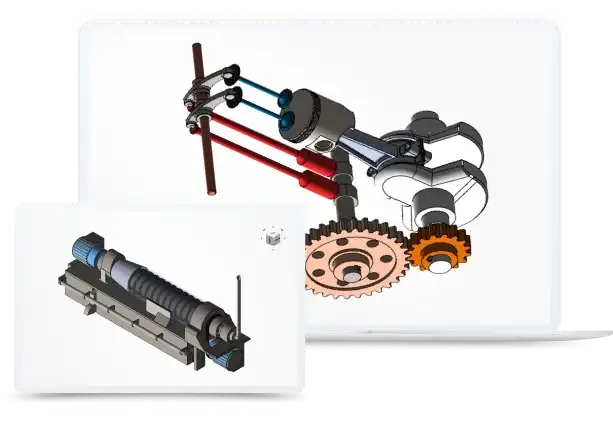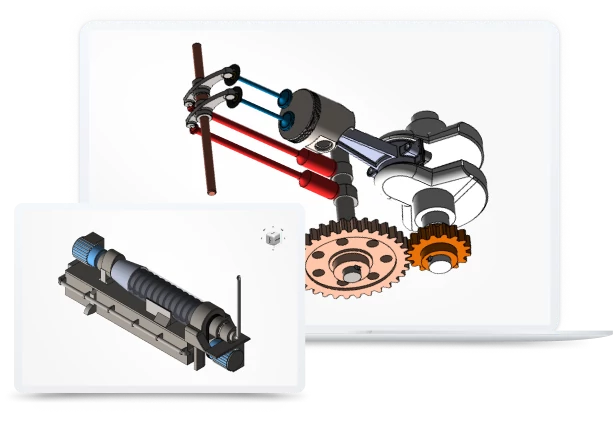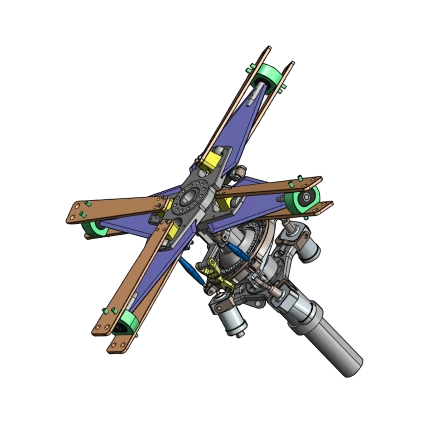

How to import U3D
to Unity?
Applications for end-users. SDK's and tools for software developers. Custom development services for businesses.
Trusted by industry leaders







Available in CAD Exchanger Products

Unity
Unity is a game engine made by Unity Technologies. It supports more than 25 different platforms. This engine is used mostly to design three-dimensional, two-dimensional, virtual reality, and augmented reality games. It has been adopted not only by video gaming industry, but also by film, automotive, architecture, engineering and construction.
Unity enables users to develop games and experiences both in 2D and 3D, and offers a primary scripting API in C#, as well as drag and drop functionality. Within 2D games, Unity provides importation of sprites and a 2D world renderer. For 3D games, it allows specification of texture compression, mipmaps, and resolution settings for each platform it supports. Also, it provides support for bump mapping, reflection mapping, parallax mapping, screen space ambient occlusion, dynamic shadowing, render-to-texture and full-screen post-processing effects.
U3D
Universal 3D (U3D) is a compressed file format standard for 3D computer graphics data.
The format was defined by a special consortium called 3D Industry Forum that brought together a diverse group of companies and organizations, including Intel, Boeing, HP, Adobe Systems, Bentley Systems, Right Hemisphere and others whose main focus had been the promotional development of 3D graphics for use in various industries, specifically at this time manufacturing as well as construction and industrial plant design. The format was later standardized by Ecma International in August 2005 as ECMA-363.
The goal is a universal standard for three-dimensional data of all kinds, to facilitate data exchange. The consortium promoted also the development of an open source library for facilitating the adoption of the format.
Collaborate in the Multi-CAD World
Need to work with CAD files in numerous formats? No worries.
From JT to STL, from NX to OBJ, CAD Exchanger gets you covered.